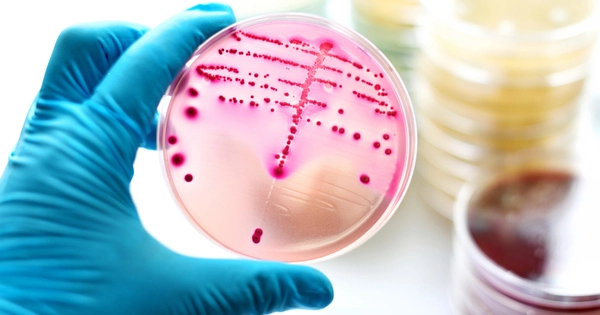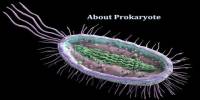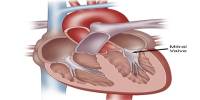Food microbiology is a branch of microbiology concerned with the study of microorganisms found in food and their interactions with the food product. It is the study of microorganisms that live in, create, or contaminate food. It is responsible for food spoilage and can cause foodborne illnesses.
Food microbiology is the study of microorganisms found in food, their growth conditions, and how they can be controlled to ensure the safety and quality of food products. This includes the study of microorganisms that cause food spoilage, pathogens that can cause disease (especially if food is improperly cooked or stored), microbes used to make fermented foods like cheese, yogurt, bread, beer, and wine, and microbes with other useful roles, such as producing probiotics.
Microorganisms in Food:
- Bacteria: Bacteria, both beneficial and harmful, can be found in food. Some bacteria help ferment foods like yogurt and sauerkraut, while others cause spoilage and foodborne illnesses.
- Molds: Molds are fungi that can grow on the surface of food and cause spoilage. Mycotoxins, which are produced by some molds, can be harmful if consumed.
- Yeast: Yeast is another type of fungus that plays an important role in food fermentation, particularly in processes such as bread-making and brewing.
Key aspects of food microbiology include:
- Food Spoilage: Microorganisms, including bacteria, molds, and yeast, can cause food spoilage by breaking down and deteriorating the quality of food products. Factors such as temperature, pH, and moisture content influence the rate of spoilage.
- Foodborne Pathogens: Certain microorganisms are pathogenic and can cause foodborne illnesses when consumed. Examples include Salmonella, Escherichia coli (E. coli), Listeria, and Campylobacter. Understanding how these pathogens contaminate and survive in food is crucial for preventing foodborne diseases.
- Food Preservation: Food microbiology also explores methods for preserving food and preventing the growth of spoilage microorganisms and pathogens. Common preservation techniques include refrigeration, canning, pasteurization, and the use of preservatives.
- Fermentation: Fermentation is the intentional use of microorganisms such as bacteria and yeast to convert raw materials into food products. Examples include the production of yogurt, cheese, sauerkraut, and various fermented beverages.
- Quality Control: Food microbiologists play an important role in quality control in the food industry. They develop and implement testing methods to assess the microbial quality of food products and ensure they meet safety standards.
Understanding the principles of food microbiology is critical for the food industry to produce safe and high-quality products. It also contributes to the development of new preservation methods and the improvement of existing ones in order to meet the demands of a growing population.
















